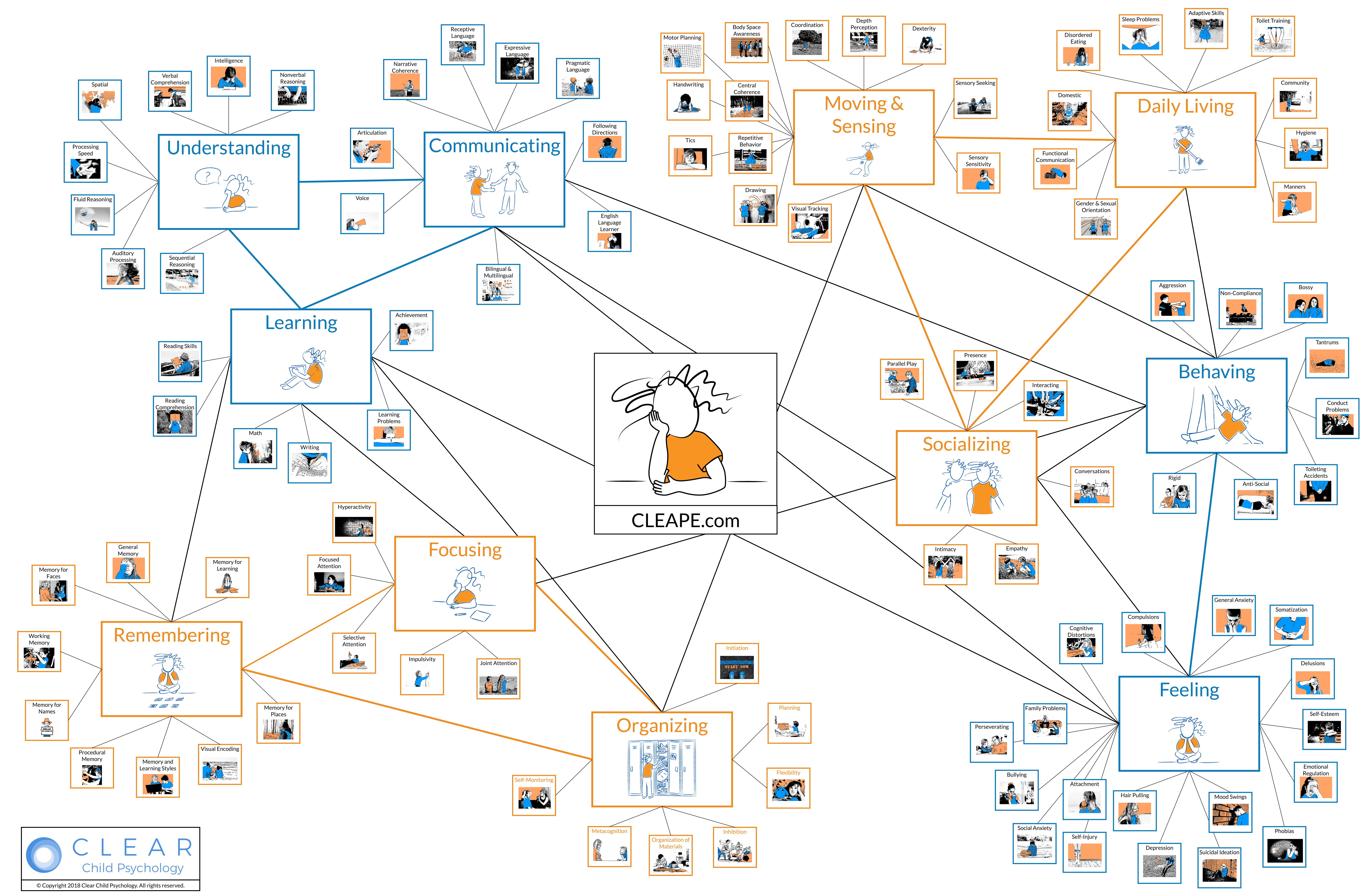Is your child having trouble with writing?
If you ask your child what he or she likes about school, is writing the very last on the list?
Many children dislike writing or find it very difficult. Why is writing so hard? The issue with writing is that it requires so many skills to work simultaneously.
For example, your child has to be able to tell a story (Narrative Coherence), express his ideas (Expressive Language), remember words and how to spell them (Visual Encoding), use fine motor coordination skills to physically write letters (Handwriting & Dexterity), and to stay calm in the face of frustration and difficulty (Self-Regulation & Anxiety).
It can be hard to determine why a child is struggling with writing. If it is possible to narrow down the causes of writing challenges to one or two of the areas mentioned above, it will be easier to target the right intervention. Parents and teachers can help a child achieve success by targeting the area of need. Interventions for challenges with story telling are different from interventions for challenges with handwriting, but both can make writing challenging.
At Cleape.com, all of these skill areas are described, including what you can do to help https://cleape.com/learning/writing/
If you continue to have concerns about your child’s writing or other struggles in school, CLEAR Child Psychology can help.
Started by the psychologists who authored CLEAPE, CLEAR Child Psychology is a primarily web-based psychological practice founded in Broomfield, CO with the goal of making Clinical expertise accessible and reliable (CLEAR). Clear launched services summer 2018 with the mission to: Shorten the time from first concern to diagnosis, free families from the burden of unknowing, and connect kids with the help they need to lead happy lives.
Call or contact CLEAR today to schedule a $99 consultation with these psychologists to identify strategies and resources to support your child. You can receive help within the same week, at times on the same day you call.
Call 303-222-7923 or contact us on www.clearchildpsychology.com



